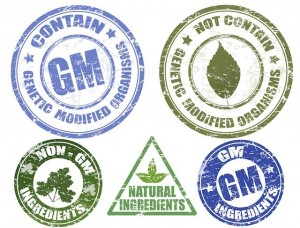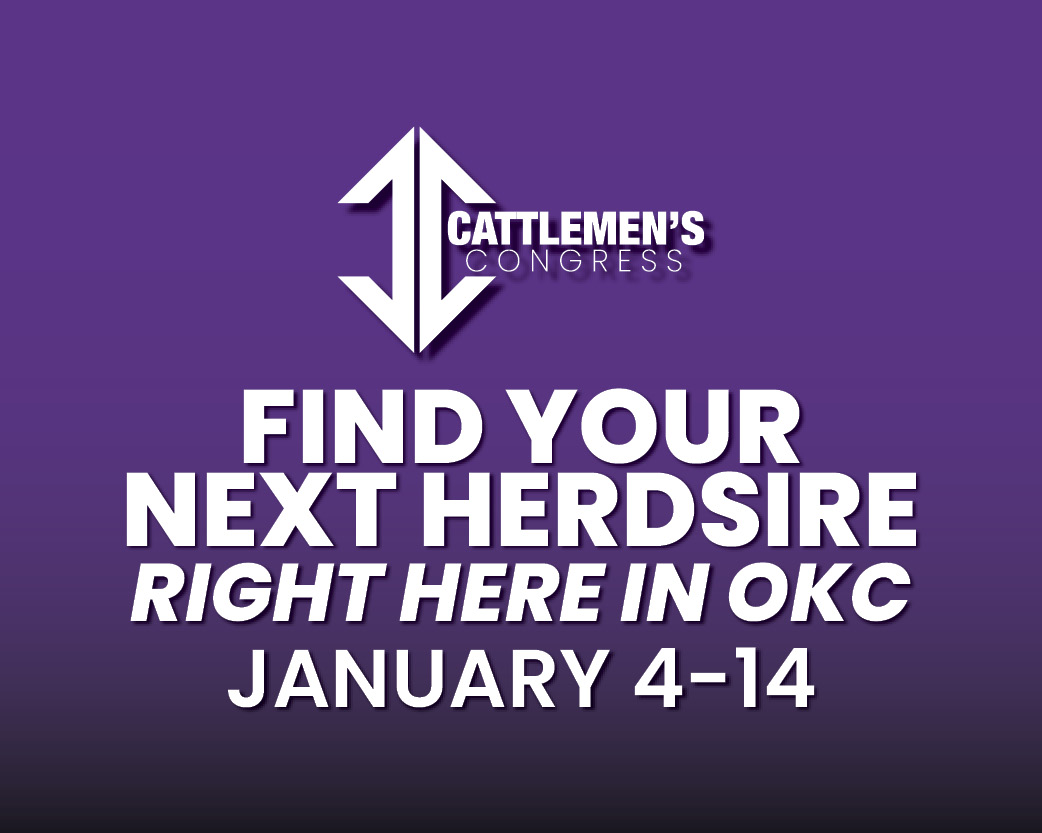
Agricultural News
Anti GMO Forces Hope Michigan Senator Debbie Stabenow Succeeds in Mandatory GMO Labeling Language in a National Food Labeling Bill
Wed, 22 Jun 2016 05:04:51 CDT
 Steve Dittmer is a former ag journalist who now heads the Agribusiness Freedom Foundation, a non profit that advocates for free market forces in agriculture. On a periodic basis, Dittmer offers Opinion pieces on key issues within the world of agriculture. Early this morning, he released this Op-Ed on the GMO Labeling debate that remains a struggle between mandatory and voluntary labeling of foods that contain GMO ingredients.
Steve Dittmer is a former ag journalist who now heads the Agribusiness Freedom Foundation, a non profit that advocates for free market forces in agriculture. On a periodic basis, Dittmer offers Opinion pieces on key issues within the world of agriculture. Early this morning, he released this Op-Ed on the GMO Labeling debate that remains a struggle between mandatory and voluntary labeling of foods that contain GMO ingredients.
"The latest word from Washington comes from not-our-favorite senator, Sen. Debbie Stabenow (D-Mi). We mention it in that context because we're thinking she is trying to crowd Sen. Pat Roberts into a corner, hoping she can spook him into jumping over the fence into GMO-FearLand. Because all the tactics the anti-GMO forces have mustered have been built on fear -- fear of what they claim is the unknown and untested.
"Never mind that with all our powerful modern analytical equipment, science can find no difference in the nutritive content of a genetically modified kernel of corn or soybean or anything else produced with advanced genetic breeding and editing techniques. These folks just fear modern science and modern agriculture, like previous generations of uneducated peasants feared plagues they couldn't understand or witches they didn't feel comfortable with. People today aren't uneducated, they are poorly educated, indoctrinated with fear and hatred of things they don't understand, in a time in human history when we can explain and understand more of the wonders of the universe than ever.
"Alas, there is nothing more illogical, apparently, than the last few generations we have turned out. They seem to succumb to the political and emotional attitudes they have learned from institutions of higher education -- a distrust of anyone in private sector business. Because most everyone out in the big bad world outside schools and universities is supposedly motivated by ambition, greed, the profit motive and a competitive drive to produce something better than ever before, they pay little attention to the "higher motives" of mankind, like diversification, world peace, ending world hunger by caring about it or climate change. Because most of the goals they set can't be ranked, reached, evaluated or won't be met in our lifetime, they can't be proven wrong -- their motives are too pure.
"On the other hand, in the real world, things aren't perfect and sometimes things go wrong. While their motives are pure, ours aren't. We could just have made a minor human error -- or, they figure, tainted by those impure human motivations like greed and over competitiveness, we could be hurting people in our blind haste to invent things, produce things and make money. Worse yet, as we learned in the LFTB crisis, regular folks can be convinced by manipulative, fabricating activists that some business executives sit around conference tables trying to figure out how to poison their customers. Their emotional distrust won't allow them to see such a strategy as illogical, that businesses exist to serve their customers or go out of business. So careful scientific evaluation or proven safety are not to be blindly trusted.
"So the very fact that no one has been able to find anything wrong with GMO foods, nor find anything wrong with animals fed GMO feeds, nor any differing effect on humans eating GMO food or GMO-fed animals, works against us. Surely, all of those profit-seeking seed, feed and food producers couldn't have created something good, could they?
"Read Vermont's legislation requiring all foods sold in the state to be labeled as to their "genetically engineered" content by July 1, and one finds in the legislation inaccurate claims that nothing to do with genetically engineered organisms has ever been tested. On the contrary, A.L. Van Eenennaam et al, University of California-Davis, in a 2014 study* noted that each genetically engineered (GE) crop goes through a "comprehensive risk assessment," the risk analysis set by "internationally accepted guidelines developed by the Codex Alimentarius Commission." One leading principle is "substantial equivalence," in that every new GE crop must be "assessed for its safety" by comparison with an equivalent, -conventionally bred variety with proven safety record. Van Eenennaam noted the FDA had approved all of the 148 genetically engineered (GE) transformation "events" as equivalent, as have Japanese regulators approved 189.
"Van Eenennaam reviewed data from 1983 up to 1996 when the first GE crops were available and subsequent years through 2011, when nearly 90 percent of important feed crops were GE. Over 100 billion animals have been fed GE crops, and data analysis "did not reveal unfavorable" trends in livestock production or health. "No study has ever revealed any difference in the nutritional profile of animal products derived from GE-fed animals." DNA and protein from all food is digested and no detectable traces of GE material have ever been detected in food products from GE production.
"Also, note that while most folks in general are talking about GMOs -- genetically modified organisms -- the Vermont law talks about "genetic engineering," which technically involves a subset of genetic modification. So the players in this drama aren't even talking the same language.
"Genetic engineering involves introducing a bit of genetic material from another organism into the DNA of a particular organism. That is a much smaller subset than anything genetically modified, which includes introducing genetic material from other gene pools within a specie or propagating a naturally occurring mutation that provides some particular characteristic.
"So Vermont's legislature has kowtowed to the activist fear-mongers, helping them to stigmatize something for which no ill effects or problems have ever been found. The activists want to capitalize on the general public's lack of knowledge about genetically changed foods and their mistrust of what they see as big business. They have convinced several state legislatures that they and the legislators are smarter than everyone else and they should protect the people from themselves.
"Sen. Stabenow evidently concurs. She said Monday that her negotiations with Sen. Roberts are getting very "close" to a deal. What is really going on, is she is hoping to get Roberts to capitulate, because the question they are stuck on is whether a GMO label will be mandatory on foods nationwide or not. That's really not a gray area but a black and white line on the package, so to speak. Without Congressional action, Vermont's edict becomes the de facto standard for anyone shipping food into Vermont, and likely, anywhere else.
"Either the U.S. Congress capitulates to the fearmongers, contributes substantially to the ignorance quotient of the American public regarding scientific fact and activist fancy or it comes down on the side of fact, truth and scientific progress.
"It is a sad fact that if the scientific genius Norman Borlaug walked the earth today and introduced his Green Revolution to really do something to fight world hunger, the U.S. Congress might ban or label his product unsafe because a few activist sluggards didn't trust him, science or seed companies. Where oh where is progress and wisdom?"
Steve Dittmer also has a blog called Freemarketcarnivore. Click here to check it out.
WebReadyTM Powered by WireReady® NSI
Top Agricultural News
More Headlines...





